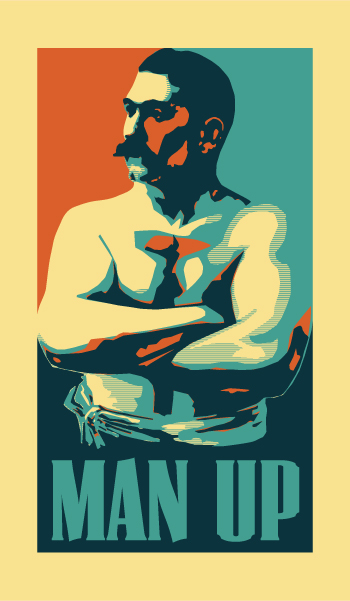The United Nations has declared the 25th November as the International Day for the Elimination of Violence against Women, and marks the beginning of the 16 days of Activism Against Gender Violence Campaign. Which seems as good a time to blog as any!
But the difficulty is what to blog about. I could talk about the abuse women suffer at the hands of those at home, by strangers, and even, in some places, by the authorities. I could discuss the use of such cruel punishments as flogging and the death penalty (or even just the death penalty itself). The choice is (sadly) almost endless, but I think I’m going to take inspiration from the root of the day, and see where it takes me…
The 25th November isn’t just a random date chosen from the 365 available, but is the anniversary of the assassination of the Mirabal Sisters. Patria, Minerva and Maria Teresa were three sisters (their fourth sister is still alive and curates a museum dedicated to them) heavily involved in the resistance against the Dominican dictator Rafael Trujillo, who ordered their assassination. On the 25th November, after a visit to their husbands in prison, the three sisters, plus their driver, were dragged into a sugar cane grove then beaten and strangled to death. This marked the beginning of the end for Trujillo, who was assassinated a year later.
The Mirabal Sisters are just some of the many female political campaigners who dedicate their lives, sometimes at great danger to themselves, to promote democracy, equality or justice. Women all over the world, in many different ways, have, do and will continue to fight for what they see as right. From the Suffragettes of late 19th/early 20th Century Britain, to women participants in collective action in the South America, Asia and Africa, women have and do fight to promote democracy.
Political participation, however, continues to be problematic for the female sex. Women who wish to actively participate in politics continue to face challenges and obstacles, even when they have gained the right to vote and to stand in government. In Afghanistan, for instance, female candidates face intimidation and often violence during their campaigns. For one candidate, this intimidation ended in tragedy when five of her campaigners (all male) were killed.
Even in countries with a longer history of equal participation, such as the US, women candidates face obstacles in their campaign. This article shows how news media in the US treat male and female candidates differently. Female candidates not only receive less coverage, but their coverage concentrates more on their viability as candidates than their issue positions, and to further compound their chances, their viability coverage is more negative than their male counterparts (for instance, we are likely to be able to say more about the likelihood of Christine O’Donnell being a witch than on her political beliefs). With this kind of coverage, the general public, who are often dependent of the news media for their information on candidates, are more likely to form a negative opinion of female candidates than their male opponents.
But let us be more positive for a moment. Where there is success for female activists, and there are many successes, the benefit isn’t just to them, or just to women, but to the whole of their communities, country and to the wider world, who in today’s global communication era are touched by the efforts of others. This week we have also seen the release of Aung San Suu Kyi, whose decades long campaign to bring democracy to Burma, which has come at such a huge personal cost, has brought international attention to the plight of the Burmese people, and whose release will hopefully bring fresh hope to the people of Burma.
I realise that I have strayed from the theme of eliminating violence against women, but I firmly believe that without democratic privileges, women will not be free from violence, as they will not be able to hold to account the people who perpetrate that violence without the mechanisms which democracy gives them. Democracy is also an appropriate subject, as for many prominent female political campaigners (as well as make campaigners), violence and aggression are common tools employed to silence them.
I have always said that I will cast a vote at every opportunity given to me, because people have fought to give me that right and people continue to fight for that right, facing intimidation, aggression and violence. Voting is a privilege I am lucky to have, and with privilege comes responsibility.



